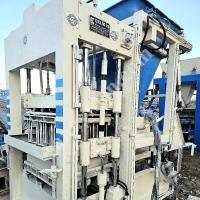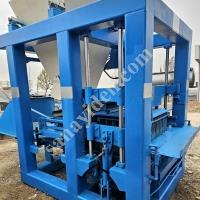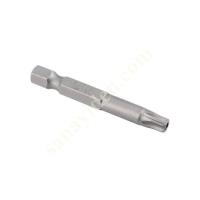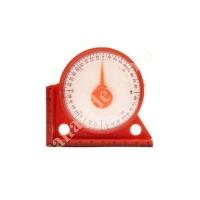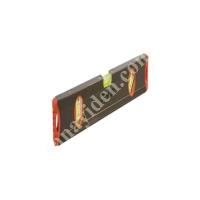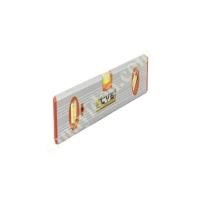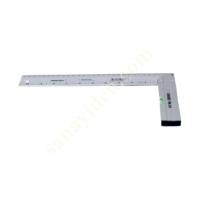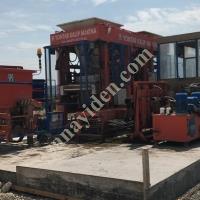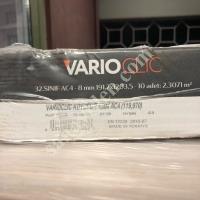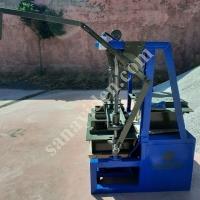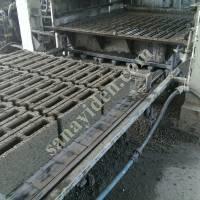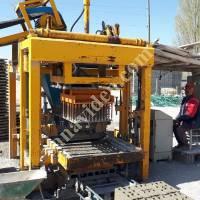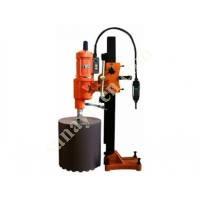
How to Choose the Right Construction Material for Your Project?
Introduction: When it comes to construction, there are a few things you always have in mind. You want the right material, at the right price, and fast. But how do you make all these decisions? It can be difficult to know where to start, especially when it comes to choosing building materials. Here is a guide on how to choose the right construction material for your project.
What is the Building Materials Market?
There is a wide variety of building materials on the market today. Some of the most common materials used in construction are concrete, mortar and steel. each has its own pros and cons. Overall, concrete is a strong, durable building material that can be used for both indoor and outdoor projects. It can also be easy to work with and is relatively cost-effective. Mortar is a more versatile building material that allows for a wider range of applications than concrete. It can be used to create walls, floors and ceilings in metal or plastic products, as well as to fill air bubbles. However, it can be more difficult to work with and is less durable than concrete. Steel is another popular building material that has many uses, including building roads, bridges, towers and skyscrapers. It is strong but not as durable as other building materials and requires special care when working with it. However, it can be difficult to work with and is often more expensive than other materials.
What is the Best Construction Material for Your Project?
Each type of building material has its own strengths and weaknesses. To find the best construction material for your project, you will need to consider both the strength and durability of the material. You can also review the cost of each option before making a decision. The following sections provide an overview of each type of building material and how to choose it for your project.
How to Choose the Right Mortar for Your Project?
There are three types of mortar: dry, wet and hybrid. Dry mortar is used to build things like walls, floors, ceilings and roofs; wet mortar used in water-based projects such as plumbing and irrigation; and hybrid mortar is a mixture of both dry and wet mortars. Each type has its own advantages and disadvantages that you should consider before making a decision. In general, Wet Mortar is stronger than Dry Mortar but less durable than Hybrid mortar. Generally more expensive than Dry Mortar, but may be easier to work with. Hybrid mortar is a mixture of both Dry and Wet Mortars, which offers some advantages over both types of mortars. For example, Hybrid grout can be used without sacrificing durability or to create stronger walls that are as easy to use as Wet Mortar. However, this type of mortar can also be more expensive than WetMortar.
How to Choose the Right Steel for Your Project
There are a variety of steel materials available on the market today that you should consider. Some of the most common steel materials used in construction include: stainless steel, carbon steel, and chrome-plated steel. Each has its own pros and cons that you should consider before making a decision. In general, stainless steel is a stronger and more durable metal than other metals and is often recommended for projects that require high-quality finishes. Carbon steel is an excellent choice for projects that require less weight but can be less durable than other metals. It is also easy to work with but may be less durable than other metals. Chrome-plated steel is another popular steel material that can be used for a variety of purposes, including building bridges, towers, and skyscrapers. It is strong but not as durable as other metals and requires special care when working with it. However, it can be very expensive compared to other types of steel.
What are the Benefits of Using Construction Materials.
The construction industry has long relied on building materials to make projects more efficient and reliable. Many of these materials are available at low prices, which can make construction more affordable. Building materials can also increase the durability of a project, making it easier to complete and less likely to break.
Different Types of Building Materials.
There are a variety of building materials that can be used in construction, including masonry, metal roofing, plastic mesh roofs, and fiberglass reinforcement techniques. Each material has its own benefits and drawbacks, which will be discussed in depth below.
What Are the Different Benefits of Using Construction Materials?
Some of the benefits of using certain types of building materials include:
Masonry is a type of construction material often used in high-quality buildings because it is durable and easy to work with.
-Metal roof is popular for stadiums, skyscrapers and other high profile buildings as it is strong and light
-Plastic mesh roofs are popular in apartments, schools, hospitals and other large establishments because they are resistant to water damage and can be easily replaced as needed.
Fiberglass reinforcement techniques are used to increase the strength and durability of plastic mesh roofs or fiberglass barriers. These techniques can also be used to improve the air quality of construction projects.
How to Use Building Material to Help Your Project
There are a few things to keep in mind when using building material to help with your project. The first is to make sure that the material will support the weight of the project it is attached to. This can be done by checking the size and shape of the construction tools or equipment you will be using, as well as how much weight they can lift. You also want to make sure the material is compatible with the construction methods you use. For example, if you're installing a roof, make sure it won't cause damage if it falls or bends during use.
How to Use Construction Material to Help Your Project?
As well as how the material is compatible with different construction methods, you also need to consider how it will help your project function. For example, if you are building a wall, make sure that the wall will not stand for too long if it does not have the proper reinforcement. You can also check whether the material will flake off over time; this can lead to some valuable repairs or replacements on your project that need to be done later.
conclusion
There are many benefits to using building materials in a variety of fields, including home construction, engineering, and architecture. By using the right building material for your project and by understanding the different types of materials available, you can ensure your project is completed smoothly and efficiently. Additionally, using building material to assist with your project can add some professionalism and efficiency to your work.

